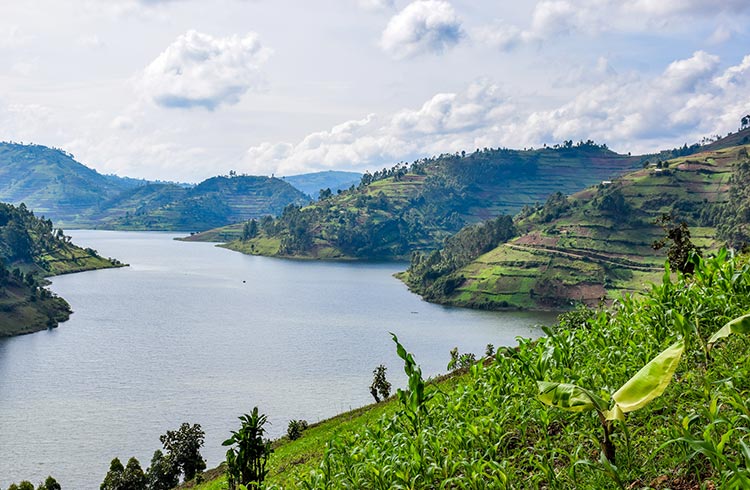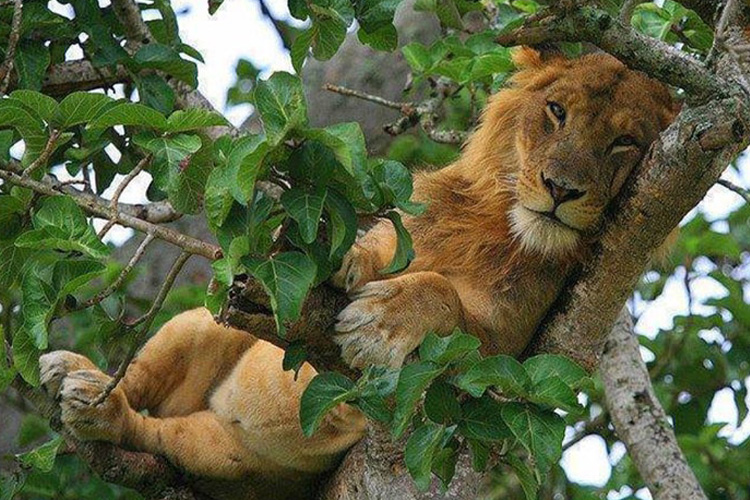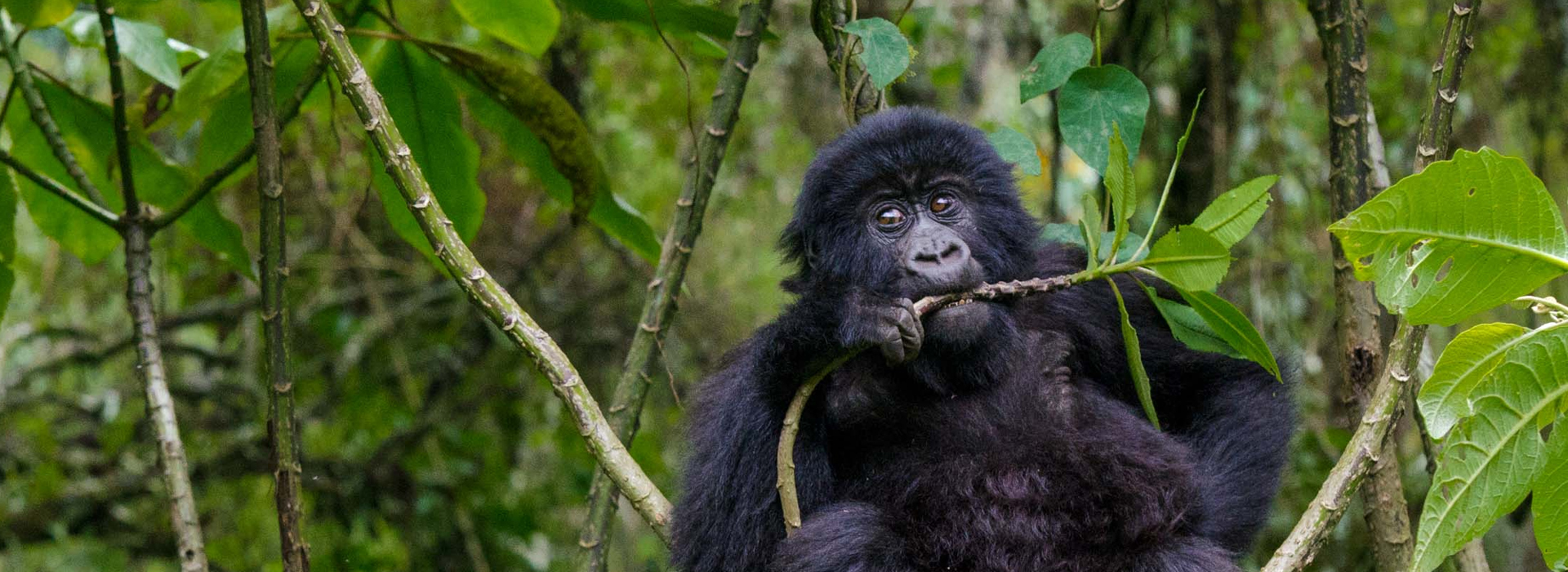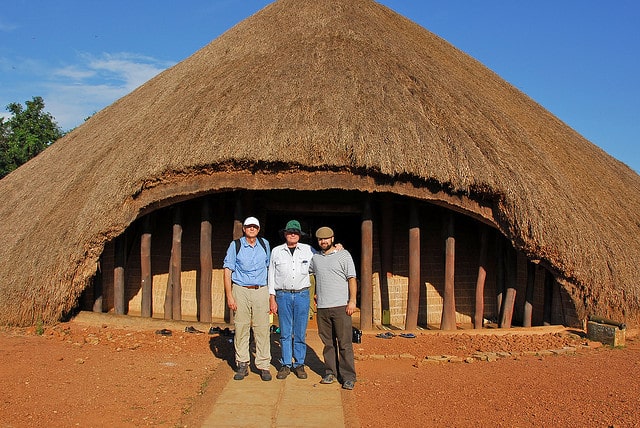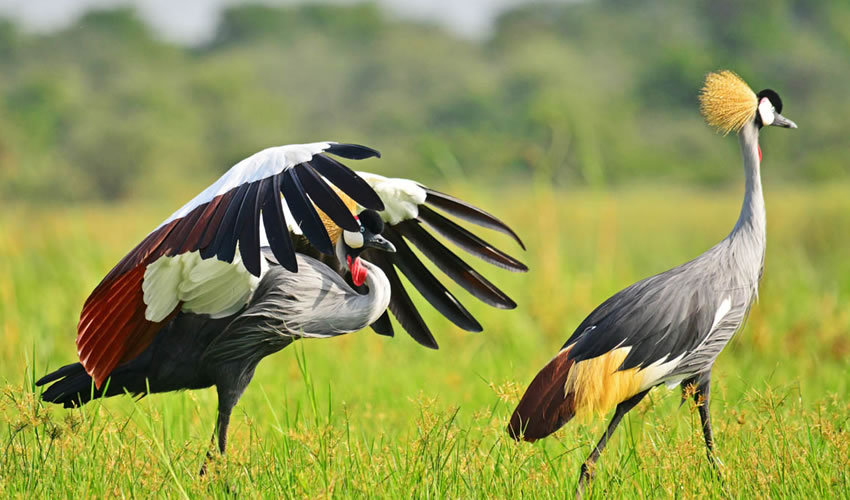
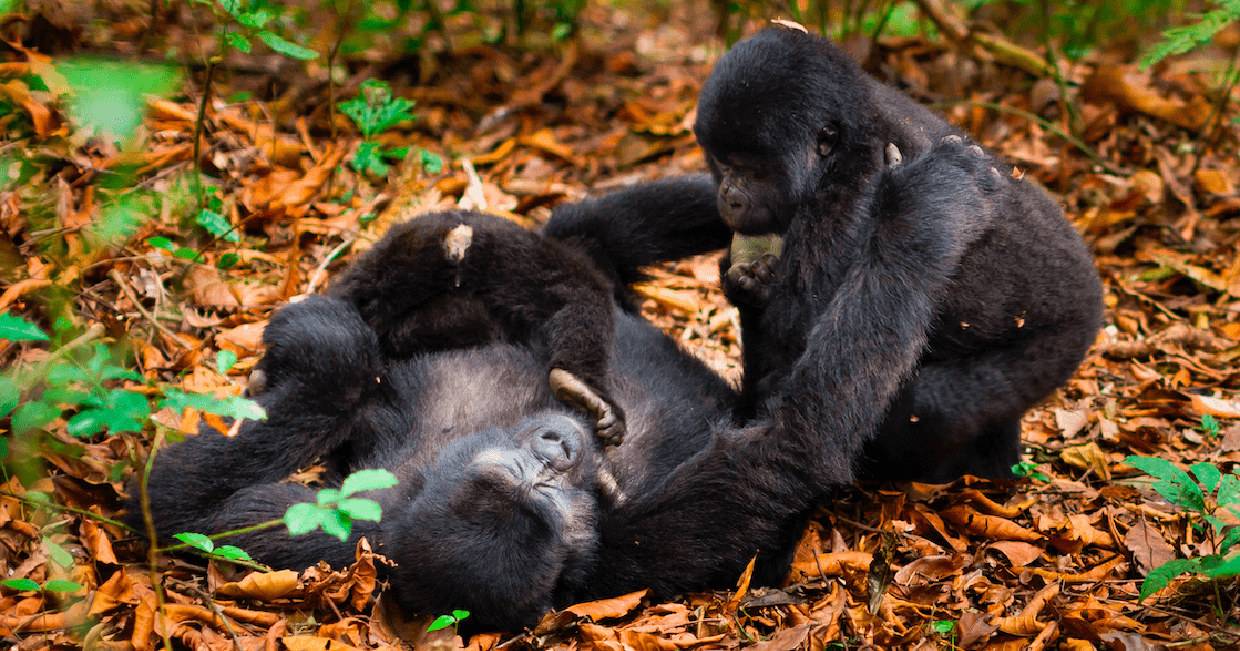

UGANDA TRAVEL INFORMATION, TIP & ADVISE
We bring you the latest Uganda travel information and advise for a perfect holiday trip to Uganda. Uganda is a landlocked country in East Africa known to the world as the “Pearl of Africa”. It is bordered by Kenya in the east, South Sudan on the north, on the west by the Democratic Republic of Congo, on the south-west by Rwanda and south by Tanzania. The southern part of the country includes a substantial portion of the mighty Lake Victoria, which is also bordered by Kenya and Tanzania. From the first you step off the plane, the overwhelming impression of Uganda is one of rich natural diversity, friendly locals and a burgeoning cultural scene that is currently producing some of the most exciting artists in Africa.
Thinking of a holiday trip to Uganda for a gorilla trekking safari? Wondering what vaccinations you might need and what you can expect of the local food? Look no further than our Top Uganda Travel Information is here to provide you with a wealth of travel advise on all the essential need-to-knows. Contact us today for a Uganda holiday trip and we promise, we shall not disappoint you. Find all the latest information here!
Why you need to Visit Uganda, The Pearl of Africa?
Uganda is home to a variety and most concentrated diversity of African fauna including endangered gorillas and chimpanzees. Uganda is accessible and affordable. This gives it more of an edge, originality and less predictable, that is not being dangerous but rather excellent opportunities for excitement. Uganda is at the heart of Africa where you find the dirty urban rash of Kampala city crowded at the seams then giving way to rich subsistence farming and small villages. Roads are a bit rough, people are warm and friendly, and some of the thing do not move in accordance to schedule.
Gorilla trekking is undoubtedly the biggest activity in the Uganda tourism industry. Over half the remaining population of the endangered mountain gorillas live in Bwindi Impenetrable National Park. Gorilla trekking in Bwindi is such a marvelous experience. Only one family out of the 12 habituated gorilla families lives in Mgahinga Gorilla National Park. Uganda has Murchison Falls, the most explosive waterfall in the whole world and centerpiece to Murchison Falls National Park and the only place where you get a chance to see the big five game animals. Another great reason to visit Uganda is the fascinating chimpanzee trekking activity in Kibale Forest National Park.
UGANDA TRAVEL INFORMATION BASICS
Best Time to Visit Uganda
Knowledge base for Seasons and Weather in Uganda
Uganda’s year-round Holiday Weather is another advantage for visitors to the Pearl of Africa. Though on the equator, Uganda has a temperate climate due to its elevation, vast lakes, and mountains such as the Rwenzori Mountains, the Virunga Volcanoes, and the Gorilla Highlands.
The best months of the year to visit Uganda are June through September and December through March. Even during its two rainy seasons, the sun still comes out each day.
The Benefit of taking a safari during the off-season is that there will be fewer people, more permits, and more choices at lodges. A reason that some choose April, May, and November
Language
Uganda’s official languages are English and Kiswahili, spoken throughout East Africa is also widely spoken throughout the country. Uganda is home to many ethnic groups and so around forty different languages are used in the country. Ugandan English is a kind of local variant dialect. The most spoken language in Uganda is Luganda, spoken predominantly in central Uganda and the Capital of Kampala but also across all major cities in the country.
Visa Requirements
When traveling to Uganda, you will be required to show a visa to enter Uganda. All visa and work permit (E-Visa and E-permits) applications must be completed via the Uganda Immigration portal. Under the new application process, you must apply online for all immigration services such as visas, permits, and passes at least two weeks prior to travel. The fee for a single entry tourist visa is $50.
Uganda is also one of the countries covered by the new East Africa Tourist Visa, and for those also visiting Kenya and Rwanda on the same trip it is a cheaper alternative. The visa costs US$100, is valid for 90 days and is multiple entry – it is available upon arrival or from embassies abroad.
What is the Currency Used in Uganda?
The official currency in Uganda is the Ugandan Shilling. Euros, British Pounds, US Dollars, South African Rand and other major currencies can be exchanged locally or in advance of departure. Additionally, exchange facilities are available at various bureaus de change and banks in major towns have ATMs. It’s advisable to request bank notes in smaller denominations, as it can sometimes be hard to get change from large notes and smaller notes are handy for smaller purchases and gratuities.
Traveller’s Cheques are not recommended as they’re often difficult to exchange and incur high fees.
Medical Information and Vaccinations
Yellow-fever vaccination certificates are compulsory for entry. Make sure your health insurance covers you while overseas and consider supplemental insurance that includes medical evacuation. As a guide Polio, Diphtheria, Hepatitis A & B and Tetanus are strongly recommended. Rabies and Meningitis are also recommended. Medical facilities in Uganda are limited and only equipped to handle minor medical emergencies. Travelers are therefore advised to carry their own supplies of prescription drugs and preventive medicines.
What foods are there in Uganda?
Ugandan food tends to consist of a meat-based stews or sauce dishes accompanied by ugali, a thick doughy paste made from maize, or matoke, cooked and mashed green banana. Aside from meat and vegetables, beans and ground nuts are also added to stews for texture and cassava, yams and sweet potato all make regular appearances on the dinner table. Thanks to its many rivers, Ugandans also eat a lot of fish, particularly tiger fish and tilapia. Uganda is largely considered Africa’s fruit bowl with a variety of fruits available, including the popular Jackfruit.
About the Tipping Culture in Uganda
There is no minimum wage in Uganda, which means that many workers in the service industry earn very little and have to make it stretch a long way. Safari guides should be tipped the equivalent of USD $10-15 per person per day and a few dollars should be put in a communal tip jar for the driver, cook and porters. If you eat in a restaurant then 10% on top of the bill is a suitable amount to leave. When it comes to taxis, rounding up the fare is a nice way to show your appreciation.
Is it safe for solo female travellers in Uganda?
Foreign women, and particularly white women, attract a lot of attention in Uganda so be prepared for people to want to talk to you, touch your skin and invite you to their house. For the vast majority of the time, this attention stems from pure curiosity and is not meant in a threatening or harmful way.
Items to Pack While Travelling for a Uganda Safari
Long trousers/pants : To avoid stinging nettles please do not wear short parks when tracking gorillas.
Hiking Books : Please bring average waterproof sturdy walking boots reaching ankle level unless for mountain climbing safaris
Hand Gloves : Not such a big necessity but you may need them to avoid injury to your hands.
Waterproof Containers for Cameras : As you park your photography cameras, these are essential too.
A Rain Jacket/Poncho : Bwindi is a rain forest, so it can rain anytime even during the dry seasons.
Bird Travel Guide : If you are interested in birding, please include this as you pack plus a pair of Binoculars

